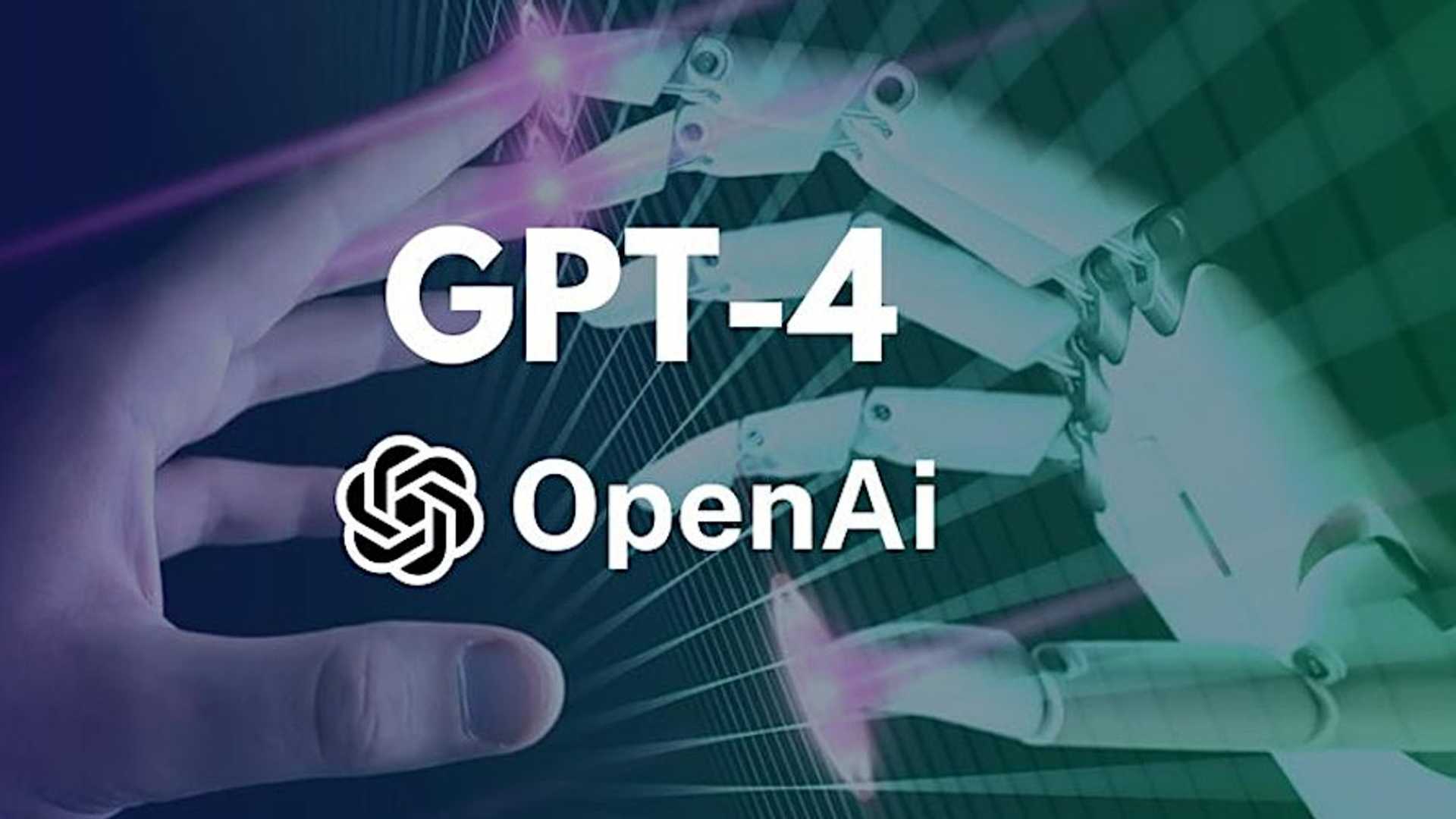Google boosts Artificial Intelligence with Gemini 2.0 | ITseller US
The company has presented its new AI model, focused on autonomous agents within this technology. The release includes new capabilities such as native image generation, multilingual audio, and the seamless integration of smart tools that connect directly to the company’s products.

Google reaffirms commitment to Artificial Intelligence
Google reaffirms its commitment to the development of Artificial Intelligence by announcing Gemini 2.0, the latest version of its AI model. Sundar Pichai, CEO of Google and Alphabet, stated, “Information is the centre of human progress. For 26 years, our mission has been to organize information, make it accessible and useful to users. It’s also why we continue to push the boundaries of AI to organize that information through every input and offer it through every output so that it is really useful”.
Over the past year, Google has invested in developing more models with AI agent capabilities, enabling them to better understand the world around users, take steps forward and take actions for them. Pichai further added, “Today we are excited to launch our next line of models developed for this era of AI agents: Gemini 2.0 is our most capable model so far. Advances in multimodality, such as native image and audio results, and the use of native tools will allow us to develop new AI agents that bring us closer to our vision of a true universal assistant”.

Introducing Gemini 2.0 Flash
The new model for the agent era of Gemini 2.0 is the most capable AI model presented by the company. The first of this new era is an experimental version of Gemini 2.0 Flash, which features low latency and improved performance with cutting-edge technology at scale.
Gemini 2.0 Flash is built on the success of version 1.5 Flash, the most popular model for developers to date, which offers improved performance in response times with a similar speed. This new version outperformed the 1.5 Pro in key benchmarks, with twice the speed. The new release supports multimodal inputs such as images, videos, and audio, as well as multimodal outputs such as natively generated images mixed with text and multilingual text-to-speech (TTS) audio. Users can also use tools natively such as Google Search, code execution, and user-defined third party functions.
Exploring the Future with Project Astra
In its ongoing quest to find tools that help people complete tasks, Google announced an update to Project Astra, its research prototype that explores the future capabilities of a universal AI assistant. Since the announcement of Project Astra in I/O, the company has been making platform improvements based on user feedback.

This initial research prototype developed with Gemini 2.0 can understand and reason information on the browser screen, including pixels and web environments such as text, code, images, and forms. When evaluated with the WebVoyager benchmark, which analyzes agent performance on end-to-end web tasks in the real world, Project Mariner achieved a cutting-edge score of 83.5% when running in a single-agent configuration.
AI-Powered Innovations for Android
As a conclusion, Google reported a number of AI-powered improvements for Android. These new updates aim to improve accessibility, creativity, and productivity. These innovations include more detailed image descriptions, intelligent note-taking, seamless file transfer via QR codes, and enhanced document scanning capabilities.




















